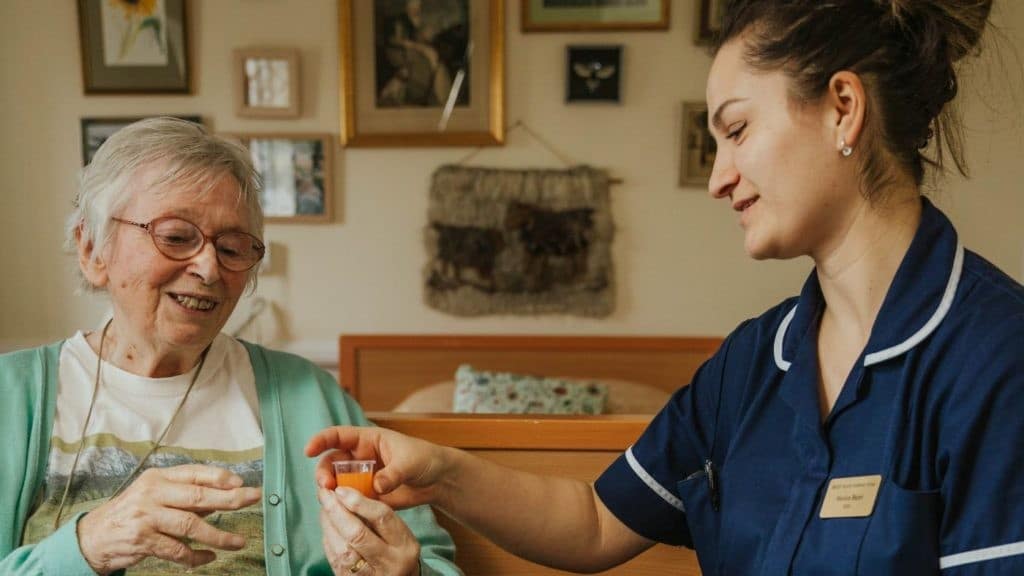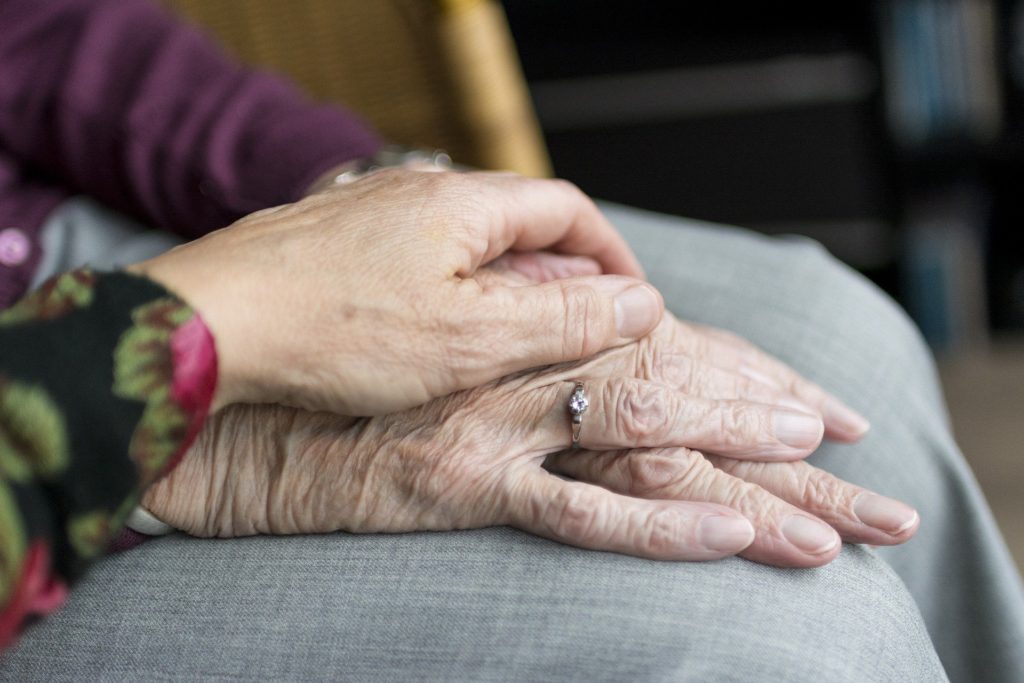If you are looking for a care setting for yourself or a family member, you may find the terminology confusing.
Some care settings in your local area may use the name ‘care home’, or ‘residential home’ while others may carry the name ‘nursing home’.
But what is the difference? And should you be looking for a care home, a nursing home, or residential care home, for your family member?
At Birtley House, we aim to make life as simple as possible for our prospective residents and their families by explaining the terminology.
This guide explains the nuances behind each name.
What is a care home?
A care home is a generic term that broadly covers all types of residential care facilities and is defined as, “a small institution providing accommodation and care for people who are unable to look after themselves.”
Some care homes are run by local councils, while others are privately owned by either a company or a family – such as Birtley House, which is owned and run by the Whalley family.
There are two main types of care home:
1. Residential care home

A residential care home provides 24-hour care, given by trained care assistants. Residents living in a residential care home most commonly require care support with the degenerative health conditions that are associated with ageing.
Residential homes provide a home-from-home environment for residents to live-in and receive the care support they need. The care provided could be anything, from help with personal dressing, washing, and feeding through to laundry and admin.
All good residential care homes provide nutritious meals, entertainment, and everything a resident could need to live a fully and happy life in that home.
2. Nursing home

In essence, a nursing home provides a setting for individuals who require specialist medical care, with registered nurses on site throughout the day and night to administer that care.
A nursing home can also provide residential care if that is what a person needs.
Nursing homes are equipped with specialist beds, mobility, and other medical equipment that its residents may require.
If your family member is suffering with frailty, or a physical or mental condition, a nursing home will ensure that registered nursing staff are on hand to identify, interpret, and deliver medical care when required.
Like a residential care home, a nursing home provides 24-hour care and support to residents.
Nursing home residents are given the opportunity to join in with activities and enjoy other services within that home, just as they would in a residential home.
Is a nursing home better than a residential home?
There is no clear answer to this question as each person has individual needs, and each care setting provides different services.
It is best to choose a care setting that meets the needs of each individual.
Some care homes, such as Birtley House in Bramley, near Guildford, provide residential care and nursing care.
This type of care home setting offers many advantages, including the avoidance of upset and upheaval if a resident’s needs require them to move from residential care to nursing.
As a reputable residential home and nursing home, we pride ourselves on our home-from-home approach.
Focusing on bespoke personalised care, we help new residents the transition from their home to Birtley House.
This approach helps residents to feel that they have simply move home rather than moved into a home.
What other types of care do care homes offer?

Some care homes offer more than residential care and/or nursing care.
Additional types of care include:
Independent living
Some care homes offer accommodation to residents who wish to live more independently. Birtley House is one such example, offering independent living within its Mews apartments.
This unique development of eight apartments offers an independent lifestyle for those not requiring care, but with support on hand should a resident require it.
Privately owned and self-contained accommodation is sometimes located within the grounds of the care home.
This type of accommodation is well suited to individuals who do not have nursing or care needs generally but need help with household maintenance and cleaning, for example.
Independent living provides peace of mind – knowing that help is on hand should a resident require it but allowing them to live in a self-contained space.
Private dining, social activities, and other facilities are often included in this type of care scenario.
Respite care and rehabilitation
Respite care is short-term care provided at a care home.
It is a welcome choice amongst those recovering from an illness, an accident, or from surgery – or for caregivers looking for a break from caregiving.
At Birtley House, our respite packages are very popular. Visitors love to rest and recuperate at our peaceful care home, set within 48-acres of the Surrey Hills landscape.
Our beautiful, lake, gardens, and woodland at Birtley House provide the ideal location for respite care thanks to the breath-taking scenery and open spaces.
To learn more about our personalised care offering, please read our CQC report giving you all the latest information from our latest visit.
Birtley House is a care home in Surrey offering residential care, nursing care, respite care and independent living. Family-run for almost 90 years, Birtley House offers exceptional private nursing care. If you are interested in finding out more about Birtley House Nursing Home, please email: info@birtleyhouse.co.uk or call 01483 892055



